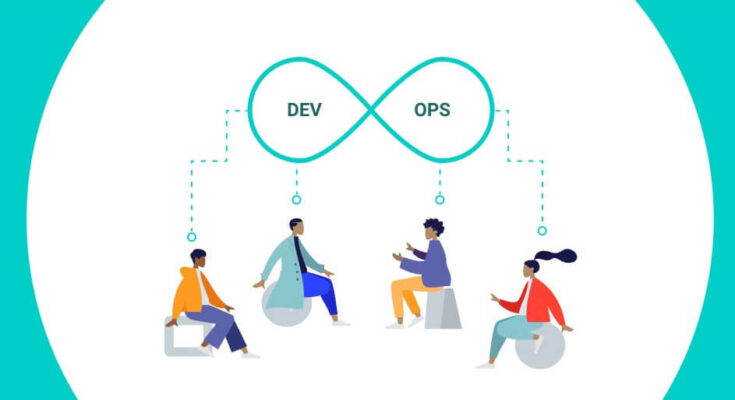What is DevOps?
DevOps is a new-age cultural shift in an IT organization that focuses on the collaboration of the Development and IT operations team for rapid software development. Patrick Debois, in 2009 combined the words Development and Operations to coin the new word-DevOps that was started as a movement. Earlier, developers, security engineers, system administrators, and others worked independently which caused miscommunication, poor alignment, and delays in software development. DevOps came as a significant mindset and cultural shift that enhanced collaboration, improved workflow, accelerated product development, and delivered better experiences.
No wonder, many software development enterprises avail expert DevOps consulting to facilitate DevOps transformation that cut cost, enhance efficiency, and provide maximum value to their customers.
What are DevOps Principles?
Considered as an outgrowth of agile software development, DevOps promotes automated workflow through tools and enhanced collaboration to meet clients’ requirements and provide rapid delivery of custom software development. Powered by these principles, DevOps solves many pain points in digital product development.
Here is a checklist of DevOps principles that powers this methodology to bring business transformation:-
- Automation
It simplifies and accelerates the process, reduces manual actions and errors, and improves the software development quality and security. - Continuous Improvement
DevOps culture focuses on continuous improvement that optimizes performance, accelerates the process of development and deployment, and minimizes waste. - Customer-Centric Action
Brands inculcating DevOps culture act as lean startups that invest time and money to innovate continuously in developing products and services with enhanced features for maximum customer satisfaction. - End-To-End Responsibility
With enhanced collaboration between development, operations, and quality assurance, DevOps teams work unitedly and provide performance support from ideation to the end-product development, deployment, and testing. It enhances the quality of engineered products. - Collaboration
Developers and IT system administrators and operators work as a team that enhances efficiency, leads to early detection and correction of issues, and provides secure solutions thereby letting faster time to market.
The DevOps Process
- Plan
DevOps lifecycle starts with the planning where developers organize all tasks, set up your project management tools, and plan tasks using the user story process from the agile methodology. - Code
Developers write clean codes and do the code review. When the code is ready, they merge it. A coding tool like Gitlab or Github is shared between Ops and developers teams. - Build
Taking the first step to automation, developers use automated source code and continuous integration tools to build the source code in the desired format and compile, test, and deploy properly. - Test
An integral part of quality assurance., testing eliminates any risk of bug that may be in the software product. Experienced test engineers employ high-quality testing tools to ensure the best development quality for your software. - Deploy
The operational team deploys the new feature in production. With automation tools, the team sets up continuous deployment. - Monitor
The continuous monitoring facilitates developers to resolve any issue and create a high-quality digital product for the best end-user experience.
Key Takeaway
Considering the array of benefits that DevOps provides, it makes great sense to get experienced DevOps Consulting from an established firm or consultants to employ advanced tools and practices.




